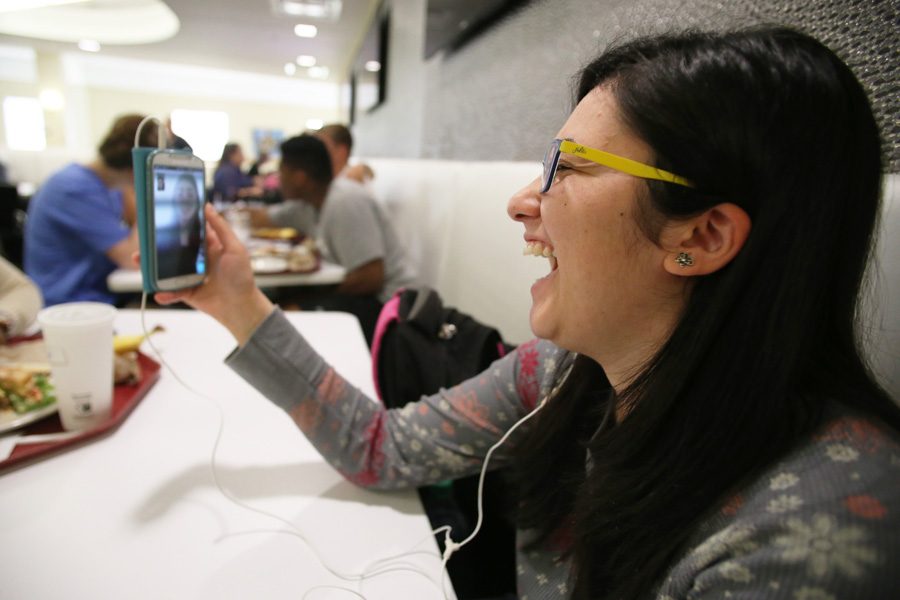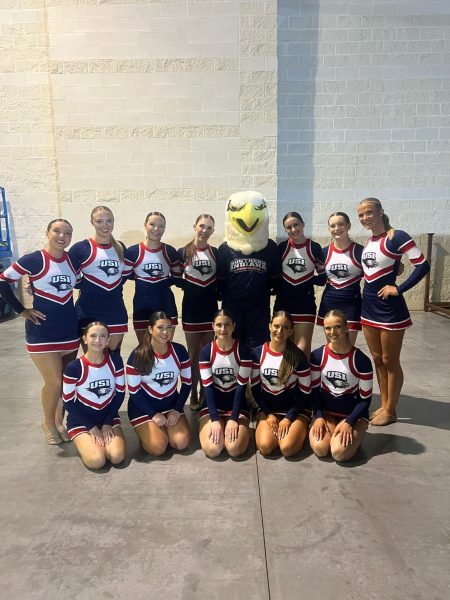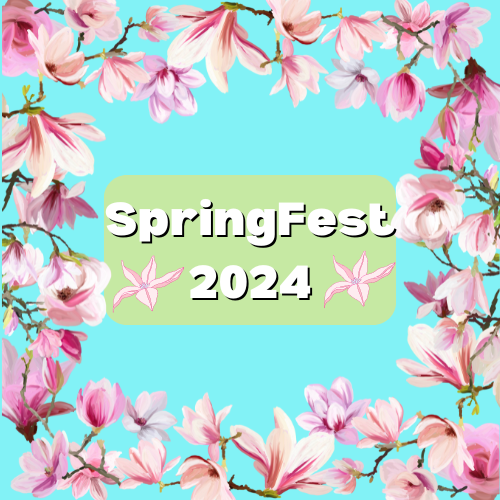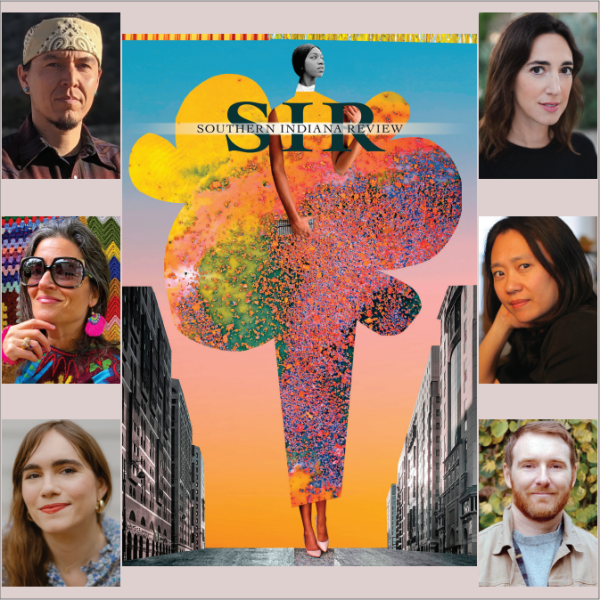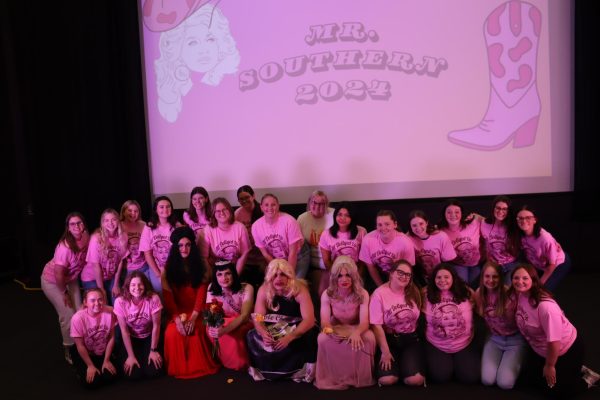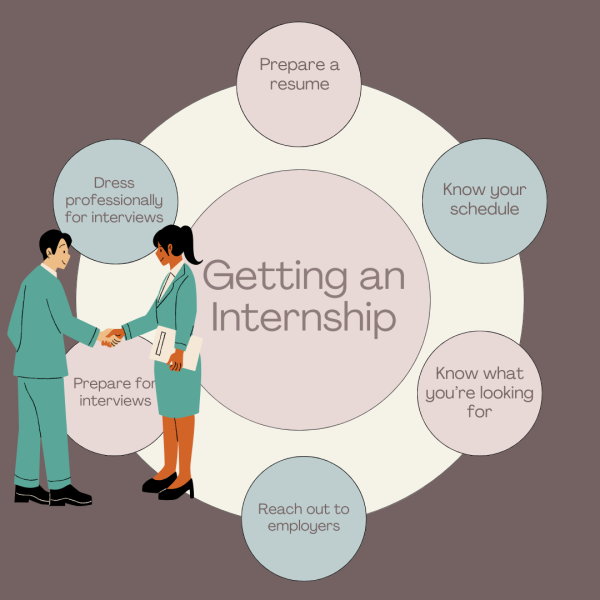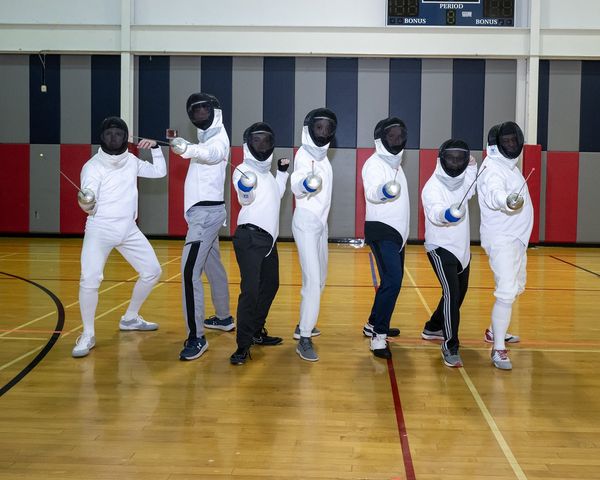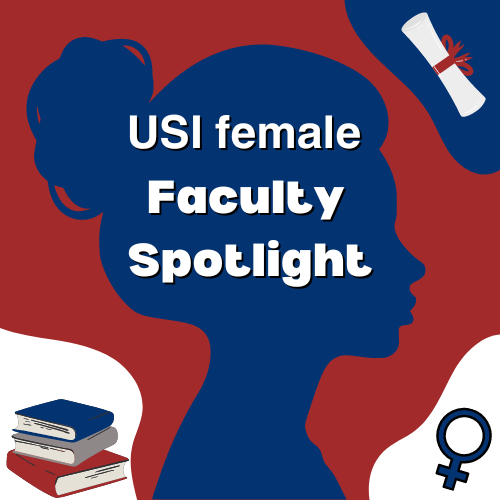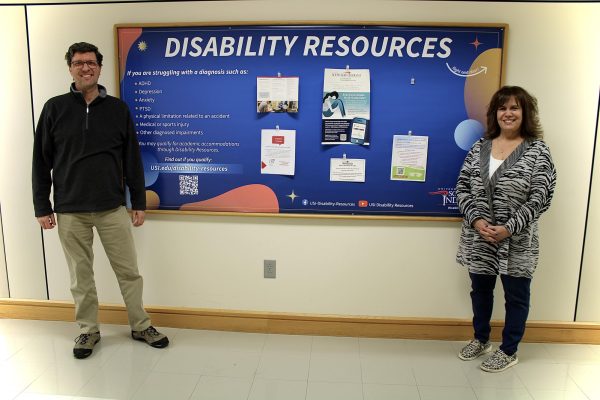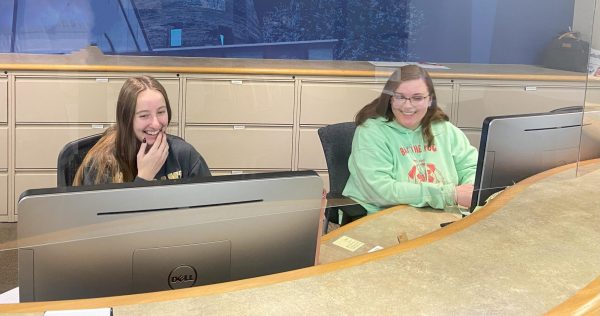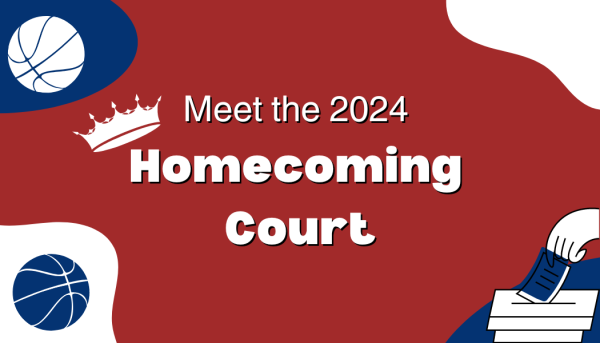‘A strengthening experience’
International student talks U.S. experience, missing family
Junior English major Deena Bregheith laughs with Raheil Inaim, a childhood friend, on FaceTime Tuesday at The Loft. Inaim grew up with Bregheith in Palestine but moved to Canada after high school and they only see each other when Inaim visits her home country.
The Shield interviewed three international students to see how they were acclimating to life at a U.S. university. In this weekly series, The Shield revisits Deena Bregheith, a junior English major from Palestine, to hear about her U.S. experience.
The Shield: What was your experience like in the United States?
Bregheith: I had a workshop in Washington D.C. at the end of March and it was three days. At the end of that workshop, they asked us a question: “If you can describe your experience in the U.S. in one word, what would you say?” I kept thinking for a good five minutes and kept squeezing my head and — forget awesome, forget beautiful, forget incredible — the most honest word is strengthening. Every day has made me a stronger person and that’s really what I needed. I detached from my home country, my family, my friends, my food, basically everything that I’m used to.
Before I came to America, my parents asked me, “Why do you want to do this?” and I was like, “I don’t know. I just feel like I need to be away from you guys for a little bit. I need the separation.” I didn’t know why, and now I know why. I needed to be stronger in many ways. The other day, I stayed up writing my essay until 3 a.m. and I’ve never done that, even on my worst school days. But I didn’t feel bad and it turned out great and I stayed positive. I can’t believe it’s coming to an end, but everything should come to an end.
When I first came here, it took me at least six weeks to live normally and stop missing my family all the time. Then I went through this stage and now I’m much better than before. But when I go back, I’m going to miss people here — my professors and life here as I miss life in Palestine. So my challenge is to find some type of balance between the U.S. and Palestine. The last thing I want to feel is torn between these two places.
The Shield: Do you still find yourself missing your family?
Bregheith: I do, but not as bad as I used to. In the beginning, it stopped me from eating or studying well. Now I can live normally and I can do my daily responsibilities with a clear mind.
The Shield: Do you feel stronger and more knowledgeable than you did when you first came here?
Bregheith: I feel more courageous to share my knowledge. You can get knowledge wherever you are as long as you have internet connection. But the challenge is if you have the courage to share it or the way to share it, to figure out the best words or the best way to communicate with people around you. And I feel like that’s what happened; I have more self-confidence. I came here with good self-confidence, but I was not used to my voice speaking in English; so I always avoided that. Now it’s fine, but it sounds weird when I speak Arabic.
The Shield: What will you miss about the United States?
Bregheith: I’m going to miss taking the bicycle and going around the university on the weekends. I really love riding bicycles and I can’t really do that in Palestine. There (are) no streets for bicycles, so you have to have a car and put the bicycle in your car and then go to a place where you can ride a bicycle. I’m also going to miss speaking English every day. I’m going to miss my bed in the dorm, it’s such a good bed. I always said I couldn’t sleep without my bed and my pillow, but I sleep well in America. I don’t know why, there’s just something magical about it. I’m going to miss the freedom of movement because here, I feel like I can go anywhere, anytime, and I can be really spontaneous.
In Palestine, they smoke a lot and here it is a tobacco-free campus. I’ve only smelled smoke three or four times since I came here. But in Palestine, I smell smoke all the time. A lot of people smoke in Palestine and I find it really interesting because the countries that do the best job in producing and promoting cigarettes have the least smokers and they target third-world countries because it’s a way for them to let their anger out.
The Shield: What have you missed about Palestine?
Bregheith: I miss my friends, my family and my food. I call them the three F’s. Because I am a people-oriented person, I’m really close to my friends and my family. I’m close to a lot of people back home. It feels so weird going through crazy times and not being able to share what happened with them because sometimes I don’t have time and sometimes they don’t have time. The eight-hour time difference makes things much harder for me to tell them what happens all the time.
The Shield: What is something you have overcome?
Bregheith: Now, I think I eat better. I just lost my feelings toward food. I ate just to stay alive for a long time here. I don’t say bad things about American food, but it’s like cafeteria food and that’s different. Now I eat better and I overcame my struggle with the food. If you live in Palestine all your life, most of the things you eat are like with vegetables, olive oil and really healthy things, and then you come here and most of the things you find are fried chicken, pizza and hamburgers. It’s a luxury to have lunch at McDonald’s. In Palestine, you do it once a month, sometimes once every two months.
The Shield: Is there anything you would like to add?
Bregheith: I’m really looking forward to what the days in my home country are going to offer. I was really surprised with the emotional cycle that I went through when I came here. I experienced feelings I never imagined I would go through, so I’m waiting to see what happens next.

